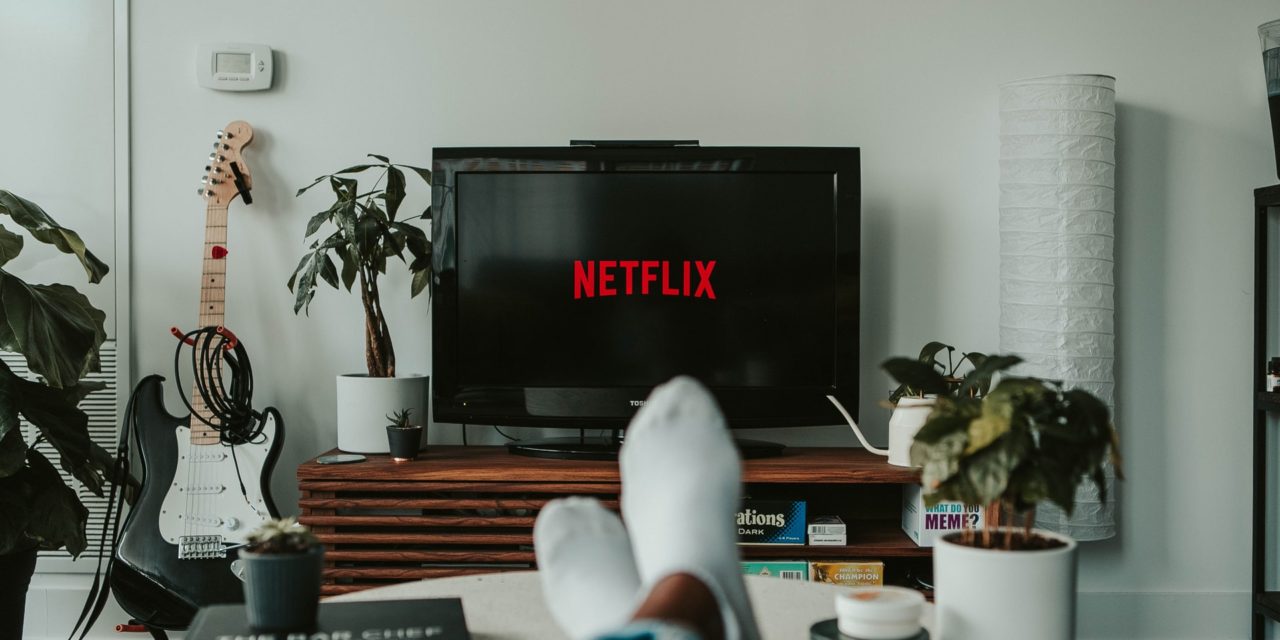[ad_1]
I'm going to make a few predictions based on what I've seen happening this week in the eBook marketplace. As with any type of prognostication, I probably have a 50-50 chance of being wrong. But guessing about the future, particularly in the fast-paced realm of technology, is my kind of fun.
First off, how do you spell ebook? Or is it e-book? Newspapers like the NY Times use the hyphen, and trendy rulebreakers don't. I'm betting with the trendy rulebreakers because, hey, they're the rulemakers of tomorrow (which is next week).
The event that more than anything got me heated up about the pre-Christmas hype for e-readers (hyphen here for readability?) was an ad I saw on on TV just two nights ago for the Sony Reader. Now, this device has been on the market for a couple of years. It was one of the first of its type, predating the Amazon Kindle. But Sony's strategy was apparently to promote it first mainly to scholars and librarians, taking print ads in some of the snobbier journals. I complained in my blog, even back then, that Sony was preaching to the choir and wasting its lead time by not addressing consumers directly. I wanted to see a billboard campaign with some glitzy, techno counterpart to silhouettes of dancers jumping around wearing white earbuds.
And I was mystified that Apple seemed to be ignoring that market deliberately. In fact, I was appalled when Steve Jobs reportedly remarked that kids don't read anymore, so no point in launching a reader. I hoped that was clever disinformation, much as I dislike the use of disinformation in any form, for any reason. (You can read ebooks on an iPhone using various third-party apps. I don't think that's a core strategy for Apple, though.)
So I did a bit of data drilling on the Sony ad and discovered that people reported seeing it as early as last month (August 2009) in some regional markets. I live in the Los Angeles area, and I'd never seen it. But this limited exposure last month seems to me like test marketing. I would bet that now, post-Labor-Day and pre-holiday, you'll see that ad a lot, on all major networks, broadcast and cable, and nationwide.
Personally, I think the ad sucks, depicting a panel of experts (some/all actors), who are touting the thing. One claims to be the world-champion speed-reader, and I bet he actually is. But gyrating pop-icon silhouettes, they're not. Once again, Sony is pitching the geeks. (I count myself as a geek so don't think I'm disparaging my peers. It's just that we're not the majority of the population or everyone in the U.S. would have had Medicare years ago.)
Add to this portentous development the related evidence that Philips iRex is now being launched in a venture with Best Buy and Verizon, as reported in yesterday's NY Times. The iRex reads the open-source EPUB format. Sony recently announced that the Reader would soon support that format, as well, along with its proprietary LRF format and Adobe PDF. One big difference is that EPUB books typically the lack digital rights management (DRM) electronic copying restrictions imposed by LRF, Amazon Kindle, and some Adobe PDF versions.
For my part, I decided to join the club and beefed up my membership and presence on eBook distribution service Smashwords.com, which supports EPUB and LRF, as well as lots of the other formats. I'm thinking a big consideration for eBook buyers should be the long-term cost of buying content. Prices of ebooks vary widely, but many Amazon Kindle versions are advertised at just under ten bucks. Lots of Smashwords EPUB versions range from free to a buck or two, although bestsellers typically cost more. Then too, there's the public domain library offered by Project Gutenberg, where everything is both free and about a hundred years old. But if you're looking for Charles Dickens rather than Dan Brown, you can find him and thousands of other famous authors there in EPUB, HTML, and “plain-text” formats.
It looks as though the Sony Reader Pocket Edition is priced lowest among its competitors, but it lacks wireless connectivity. Perhaps that's no big deal and the price point is the crucial factor. Other Sony Reader models, as well as the Kindle and the iRex, have built-in wireless (with bundled service), which I'm guessing is the main reason for the price differential.
All this will change, probably by the time I click the Submit button to post this article.
And what about Apple? Can we expect an announcement any day? I'm betting on a plug-in tablet-sized screen as an accessory to the existing iPods. Years ago, I saw a “leaked” YouTube slide presentation on such a device, as though it had been prepared for an Apple development team briefing. Whether the video clip was bogus or not, the concept makes perfect sense, both technically and commercially. The iPhone is a handy reader, but I wouldn't read a novel on it.
And I also thought Amazon's strategy to introduce the larger-format Kindle 3 into the college textbook model was a brilliant move–into a market niche you'd think Sony would have owned by then.
I don't know whether it means anything, but I can't find that leaked Apple video on YouTube anymore…
[ad_2]
Source by Gerald Jones

